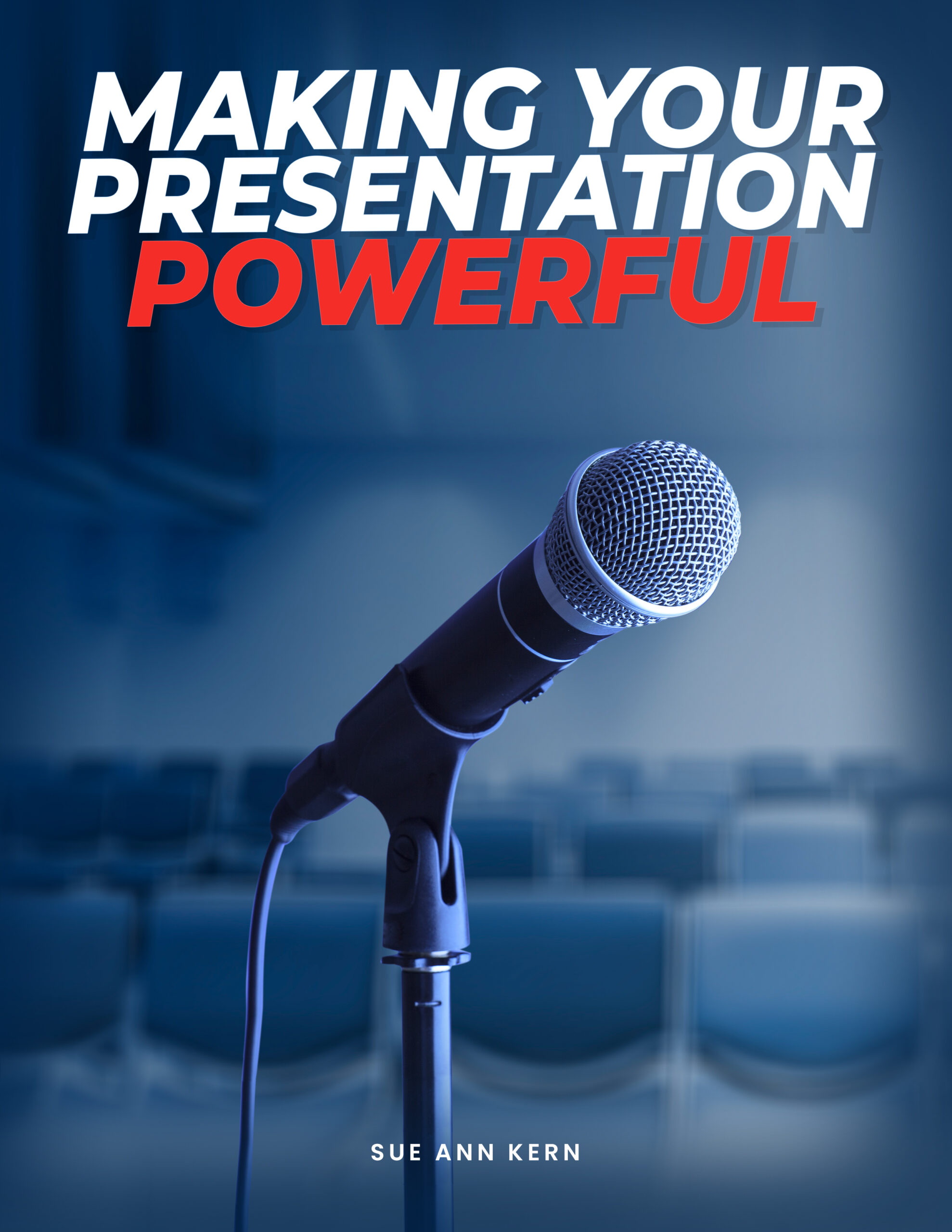Making Your Presentation Powerful: Wordsmithing
Words matter. The words you choose when you speak in public will incite energy, stir the imagination, invoke emotions, or cause your audience to be bored to tears, or worse, sleep. When you think you are finished with your speechwriting, read it aloud to yourself in the mirror. Are you boring yourself to sleep? Consider
